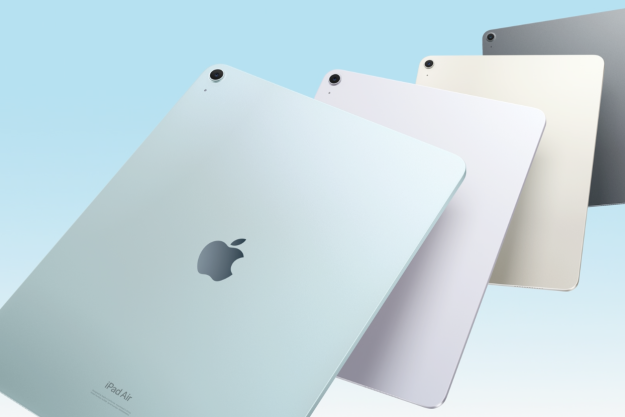Samsung’s newest mobile tech innovation could make the need to slip a MicroSD card in your phone to boost the internal memory a thing of the past. It’s ready to begin production of a new universal flash storage chip with 1TB — yes, one terabyte — of space inside. This is twice the maximum we’re seeing on several expensive smartphones at the moment, and more in-line with what we expect our laptop computers to have, rather than our smartphones.
If you splash out on the most expensive Samsung Galaxy Note 9 today, it will come with 512GB of storage space, which is still a considerable amount. However, Samsung has squeezed 1TB of storage into the same size chip, which measures only 11mm by 13mm. Samsung says it’s ready to push out as many 1TB chips as the mobile industry needs, and expects flagship smartphones to adopt the new chip in the near future.

What does 1TB of internal storage mean to you? The ability to shoot video at 4K resolution is becoming more common on mobile devices, but doing so takes up a massive amount of space. Just 13 10-minute 4K videos will fill up a phone with 64GB of storage, says Samsung. However, if it’s equipped with 1TB, you’ll store 260 10-minute videos before you need to start hitting the delete button. Samsung also says the memory is faster than before, and can enable slow-motion video recording at 960 frames per second (fps).
It’s not just high-resolution video either. As smartphones and software get more advanced, we need more storage to cope. For example, the latest Honor View 20 phone and its 48-megapixel camera takes photos weighing up to 15MB each, we can download high quality shows from Netflix and other streaming services, and there are games which easily surpass 1GB in size before we even start playing. Space is often at a premium in our phones, and having more storage is a way to make our phones last longer.
What Samsung doesn’t say is how much a 1TB smartphone will cost — but don’t expect it to be cheap. A 512GB Samsung Galaxy Note 9’s list price is $1,250, while a 512GB iPhone XS Max is $1,450. On average, stepping up to the next level of storage costs an extra $100 or so, so expect any 2019 flagship phone with that dream 1TB of space to be even more expensive than these already very expensive devices.
Editors' Recommendations
- There’s a big problem with Samsung’s new Android tablets
- Samsung’s new Exynos 2100 5G mobile chip launched ahead of the Galaxy S21

